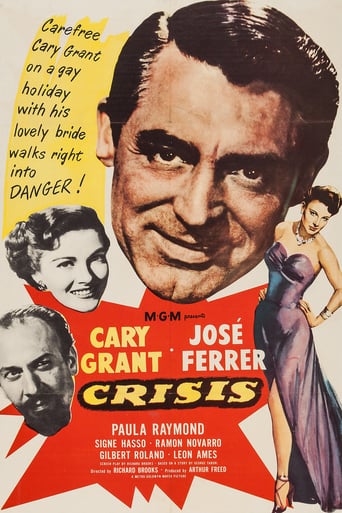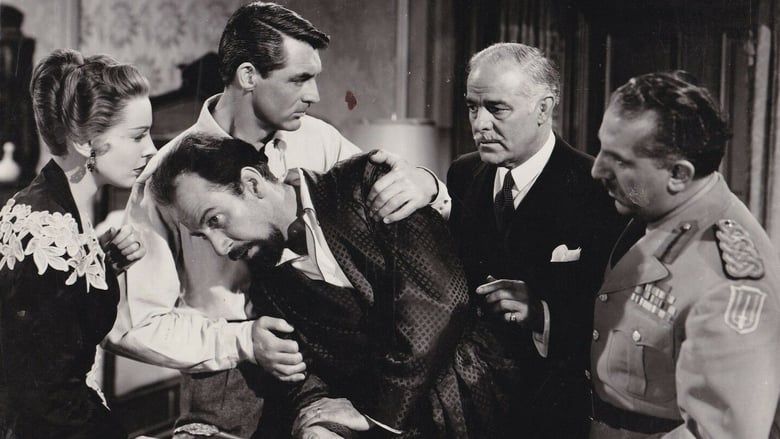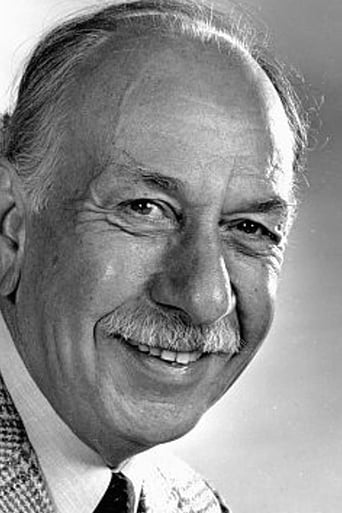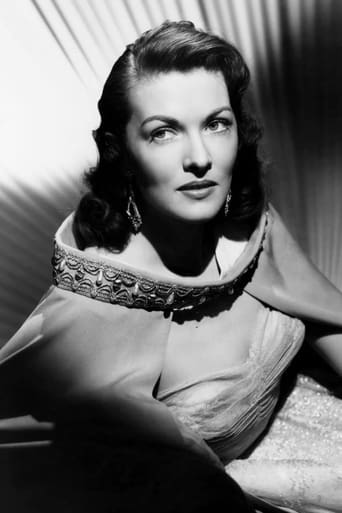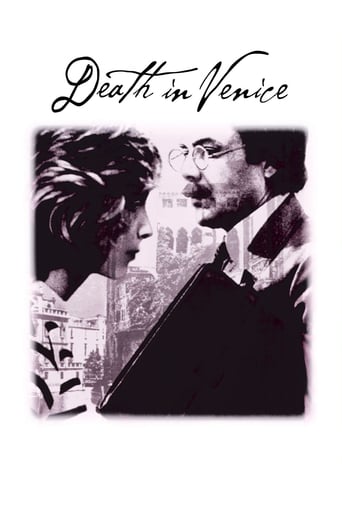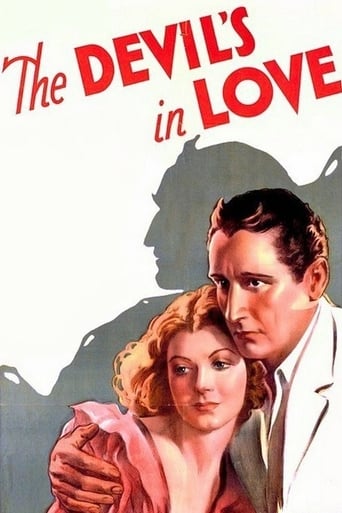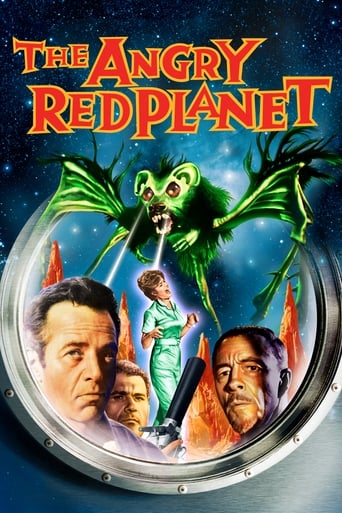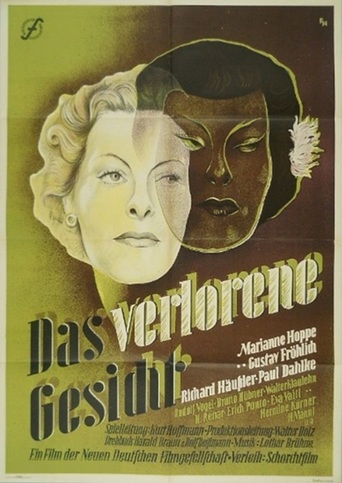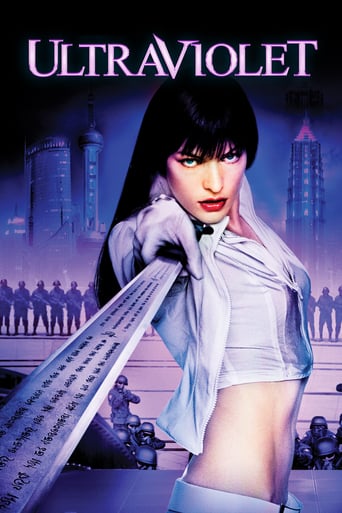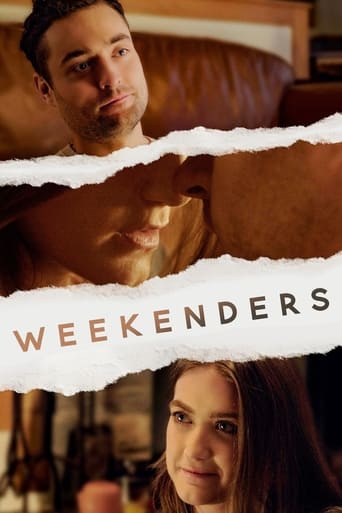Crisis (1950)
An American doctor gets caught in the middle of a revolution when he's forced to operate on a South American dictator.
Watch Trailer
Free Trial Channels
Cast


Similar titles
Reviews
Wonderfully offbeat film!
That was an excellent one.
Slow pace in the most part of the movie.
What a freaking movie. So many twists and turns. Absolutely intense from start to finish.
Lightweight leading man Cary Grant decided to try playing a serious role for a change in writer & director Richard Brooks' first directorial effort "Crisis" about a gifted surgeon who agrees to operate on a notorious South American dictator who suffers from a brain tumor. Nothing about "Crisis" is remotely like anything that Grant had done before in Hollywood. Humor is not used to relieve the tension or the drama in this straightforward medical yarn. Brooks adapted George Tabori's short story "The Doubters," and he pulls few punches realistic yarn. It should come as no surprise that Latin Americans didn't like approve of this controversial movie. Ultimately, Grant's stab of being serious amounted to a flop, despite the poster ads that proclaimed "Carefree Cary Grant on a gay vacation with his lovely bride walks right into Danger!" The arrogant dictator, Raoul Farrago (José Ferrer of "The Shrike"), insists that the good doctor operate even though several more qualified surgeons are available to treat him. As it turns out, none of those doctors want to save Farrago. You see, Dr. Eugene Norland Ferguson (Cary Grant of "Gunga Din") and his wife Helen (Paula Raymond of "The Duchess of Idaho") are on holiday from their ship when they find themselves arrested by Farrago's armed enforcer Colonel Adragon (Ramon Navarro of the silent "Ben-Hur") who doesn't take no for an answer. Meantime, a representative from an oil company, Sam Proctor (Leon Ames of "Lady in the Lake") advises the Fergusons that he go through with the dangerous operation. Ferguson doesn't want his wife around if anything goes wrong. She boards a train with an armed escort to leave the country. Earlier, Ferguson and his wife had dined out in a restaurant where the subverves hang their hats, the doctor meets the ring leader of the opposition, Roland Gonzales (Gilbert Roland of "Beneath the 12 Mile Reef") tries to convince Ferguson to botch the operation. Truthful to his oath as a doctor, Ferguson goes ahead with the operation. Farrago survives but ignores his physician's orders. The ending is appropriate to this Metro-Goldwyn-Mayer social consciousness drama and it should come as no surprise what happens to the dreaded Farrago. The ending has a touch of irony to it. "Crisis" lives up to its title, and Brooks never lets the tension slacken throughout this taut thriller. Reportedly, Grant threw himself into the role and approached genuine doctors who showed him a thing or two about the surgeon's profession.
Most IMDb critics claim that this is unlike any other Cary Grant role, but to my eye and ear, his performance was remarkably reminiscent of "Notorious." Agent Devlin was more romantic, to be sure, but Dr. Ferguson is also a cool, calm, rational, and duty-bound man in a political maelstrom: he's a surgeon, vacationing in a banana republic whose tumor-stricken president shanghais him. The result is a trenchant dramatic character-- which Grant does very well.The screenplay is solid; the direction, camera work, editing, etc.-- competent. But any critic would be remiss not to mention other notable performances. Ramon Novarro and Gilbert Roland always add to a film, of course, but I'd single out two other performers:The Spanish composer Vicente Gomez graces only one scene, in a café, but he plays a soulful guitar solo that I wanted much, much more of.And then there's Jose Ferrer. He steals nearly all his scenes as a Latin American dictator with a brain tumor, especially the scene where he watches Grant's amateur surgical team drill into a fake human skull, rehearsing for the brain surgery awaiting the dictator himself tomorrow. When the rehearsal is done, Ferrer is sweating visibly and fumbling with a cigarette. He makes it easy for you to project yourself into that makeshift O.R. with the student surgical team-- you with a brain tumor and a captive surgeon who makes no effort to hide his antipathy.Of course, Grant has no trouble holding his own in every scene, including that one. "Tell them never to use that instrument on the brain again," he says to his translator. "It might suck a piece right out of the brain." Ferrer hears, of course, and through his sweat he asks, "How did it go?" Grant drops the stitched-up skull in a garbage pail and says, "Oh, it went quite well. But you died."
I loved this movie because of the performance of Signe Hasso, who conveyed all she could, given her stereotypical lines. Farrago's part was a caricature of a Hispanic dictator. I wonder how many actually have such a sardonic, self-deprecating sense of humor. Grant was excellent, but demonstrated what a marvelous actor he is by delivering somewhat stilted, corny lines with aplomb and feeling. Paula Raymond's part gave her little to work with. The others were serviceable.But Miss Hasso was superb. I missed the opening credits, and had no idea who she was, but was immediately intrigued by her performance. I suppose she was patterned after Evita, but she came across as much more sympathetic than Eva ever could. When I came to IMDb to learn who played the part, I was stunned to learn it was a Scandinavian, rather than a Hispanic. She carried it off marvelously.
I first saw this movie in 1950 when it was released. I thought it was a good drama, more or less accurately portraying many of the problems of Latin American governments, with good dialog particularly between the two male leads. Incidentally, I did not find either character particularly sympathetic, but no matter. Many of the comments here have mentioned the resemblance to Eva Peron of the Signe Hasso character. Just an interesting observation: In the much later made for TV movie, Evita Peron, Signe Hasso and Jose Ferrer both had roles. He was the tango singer who seduced Evita and took her to Buenos Aires. She was the aging actress who befriended the young Dva Duarte and found herself in a jail cell. Of the two movies, Crisis is by far the better film. Evita Peron was a ripoff.

